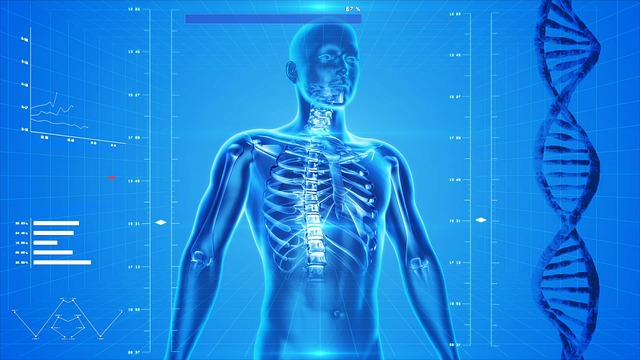The death of Jesse Gelsinger in 1999 may have put brakes in gene therapy in the US, but it will become mainstream soon, what with the completion of trials which resulted in the treatment of two cancer patients. One patient had multiple myeloma, a kind of cancer which forms white blood cells in the bone marrow. The other had sarcoma, a rare type of cancer that affects connective tissues.
Cancer spreads in the body because most cancer cells learn to evade T-cells (a type of white blood cell which prevents cancer and infestions), or even disarm them. CAR-T, a bio-medical wizard, expands and recharges T-cells so that they can track cancer cells and fight them off naturally. Meanwhile, CRISPR amplifies the impact of CAR-T by killing off the brakes that disarms T-cells. In this way, both CRISPR and CAR-T are gene editing tools which enable scientists to boost the patients’ immune system, hence enabling them to eliminate cancer naturally.
Why It Matters
While gene editing provides us with new capacities for eradicating diseases, what are its implications to society which are not being discussed by advocates for technologies such as CRISPR and CAR-T?
For one, it could pave the way for genetically modified humans – which prompts many of us to ask, what is it that makes us humans in the first place? Is humanity defined only by its physical frailities, or is there something else that defines our humanity? Will gene editing change what it means to be human, once we become capable of designing new human beings?
Second, we have learned in a previous article [What is Transhumanism] that cancer is a major problem for transhumanists. In order to eradicate aging, scientists must find ways at preventing the shortening of telomeres. While healthy lifestyles can sustain the length of telomeres for a longer time, such natural means is not enough if science is to totally eradicate aging and dying. Unfortunately, reactivating telomeres would always reactivate cancer cells. With CRISPR and CAR-T technology, a cure for cancer could be the first stages of delaying aging and preventing death. Could it mean then that all subjects of clinical trials trying out gene editing today are no more than guinea pigs for a future generation of new humans?
Third, gene therapy is not a cheap endavour. With all the cash poured into research, one can expect that this is a technology which can only be accessed by the rich. Will gene editing create a new class divide? [See Transhumanism: Immortality For Those Who Can Afford It] for a deeper analysis of this class divide]
Lastly, we know from an article published on this site [Joe Dispenza: You Can Cure Yourself Through Your Thoughts] that humans have an inherent capacity for self-healing. What can happen to this capacity if we become dependent on emerging technologies promising superhealth and immortality? Could this pave the way for human beings to lose a complete grasp of their own power of creation?
Gene editing may be a great tool for medicine, but like all other technologies, it will only replace a capacity we already have. It can make us believe that the power to cure diseases, indeed, the power to carve out our own lives, lies only on the material. When that happens, it can be very difficult for us to regain our humanity, because we would have lost touch of who we truly are.
Read Original Article

Read Online
Click the button below if you wish to read the article on the website where it was originally published.

Read Offline
Click the button below if you wish to read the original article offline.
You may also like
-
This Ambitious Project Wants to Sequence the DNA of All Complex Life on Earth
-
Elon Musk: “In the Future, There Will Be No Phones, Just Neuralinks”
-
Neuralink’s Ambitious Vision: Will Our Thoughts Be the Next Interface
-
Metaverse Identity: Defining the Self in a Blended Reality
-
Transhumanists Propose To Use Dyson Spheres To Bring The Dead Back To Life
